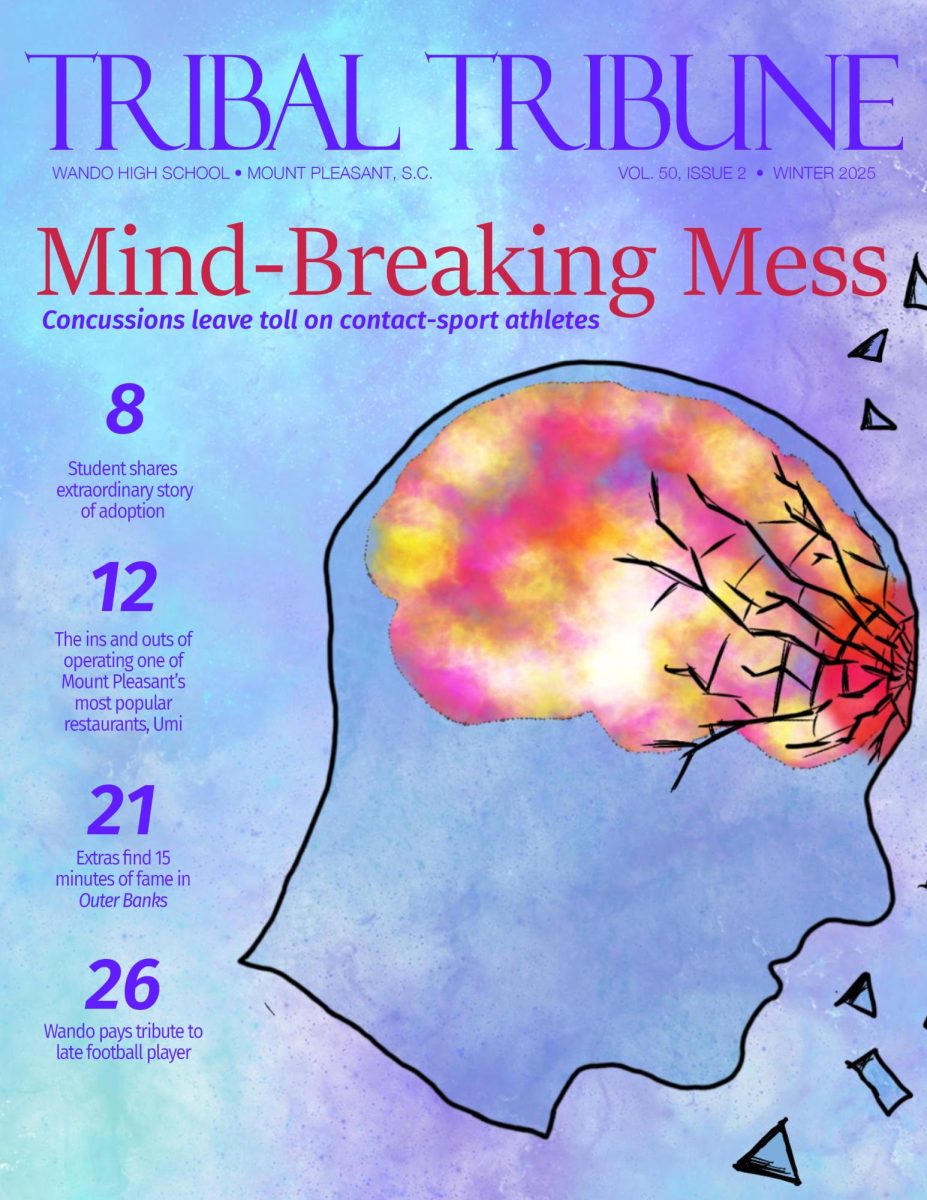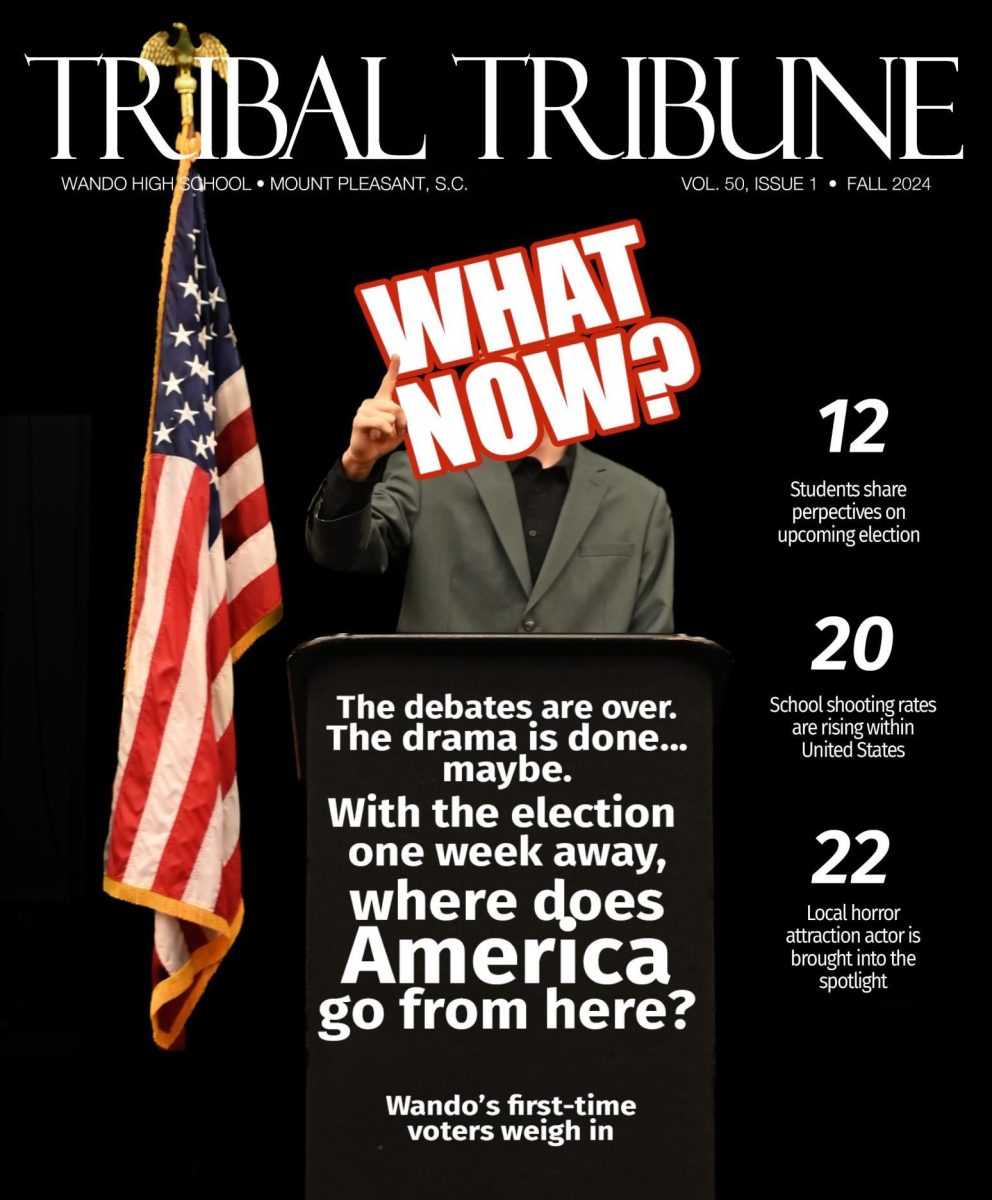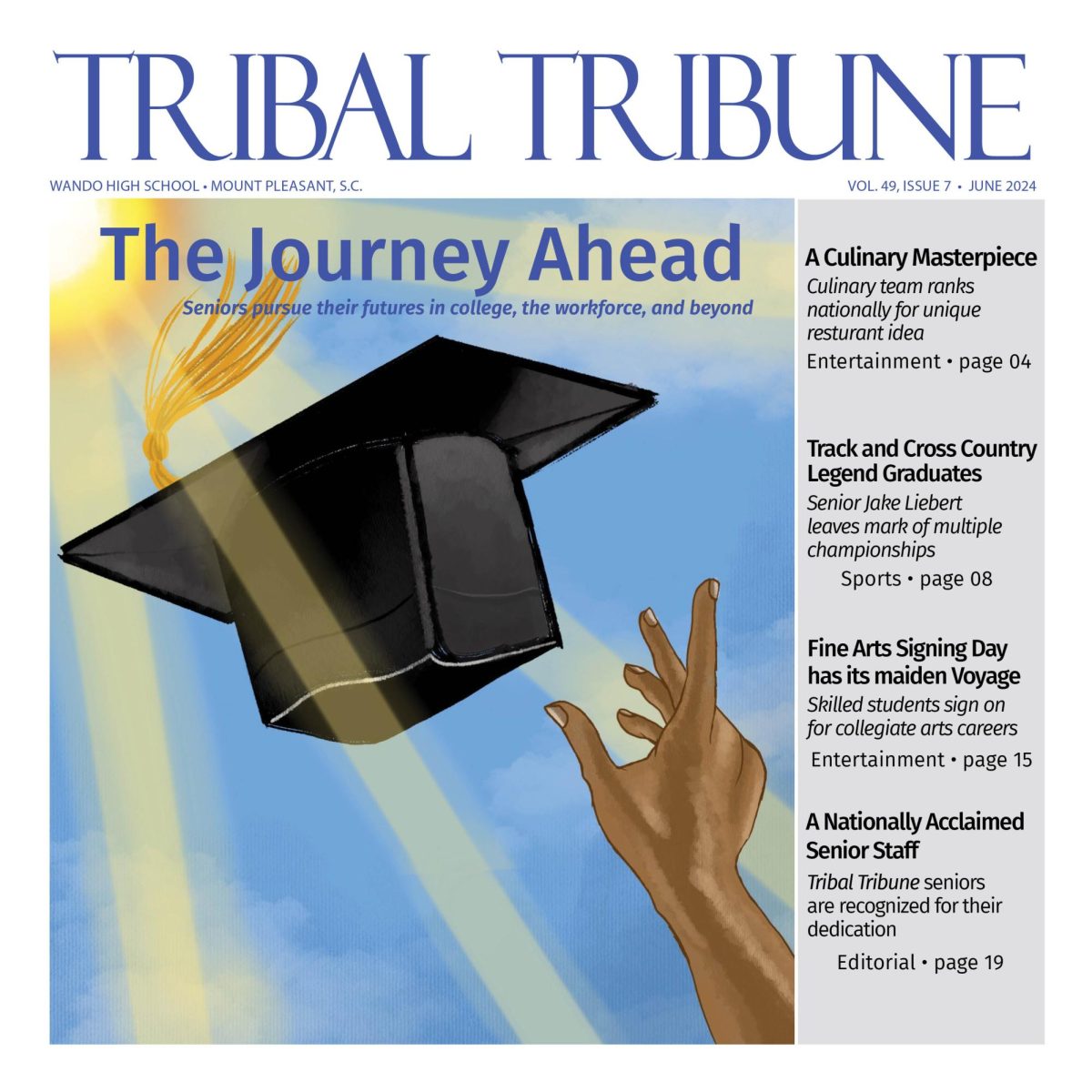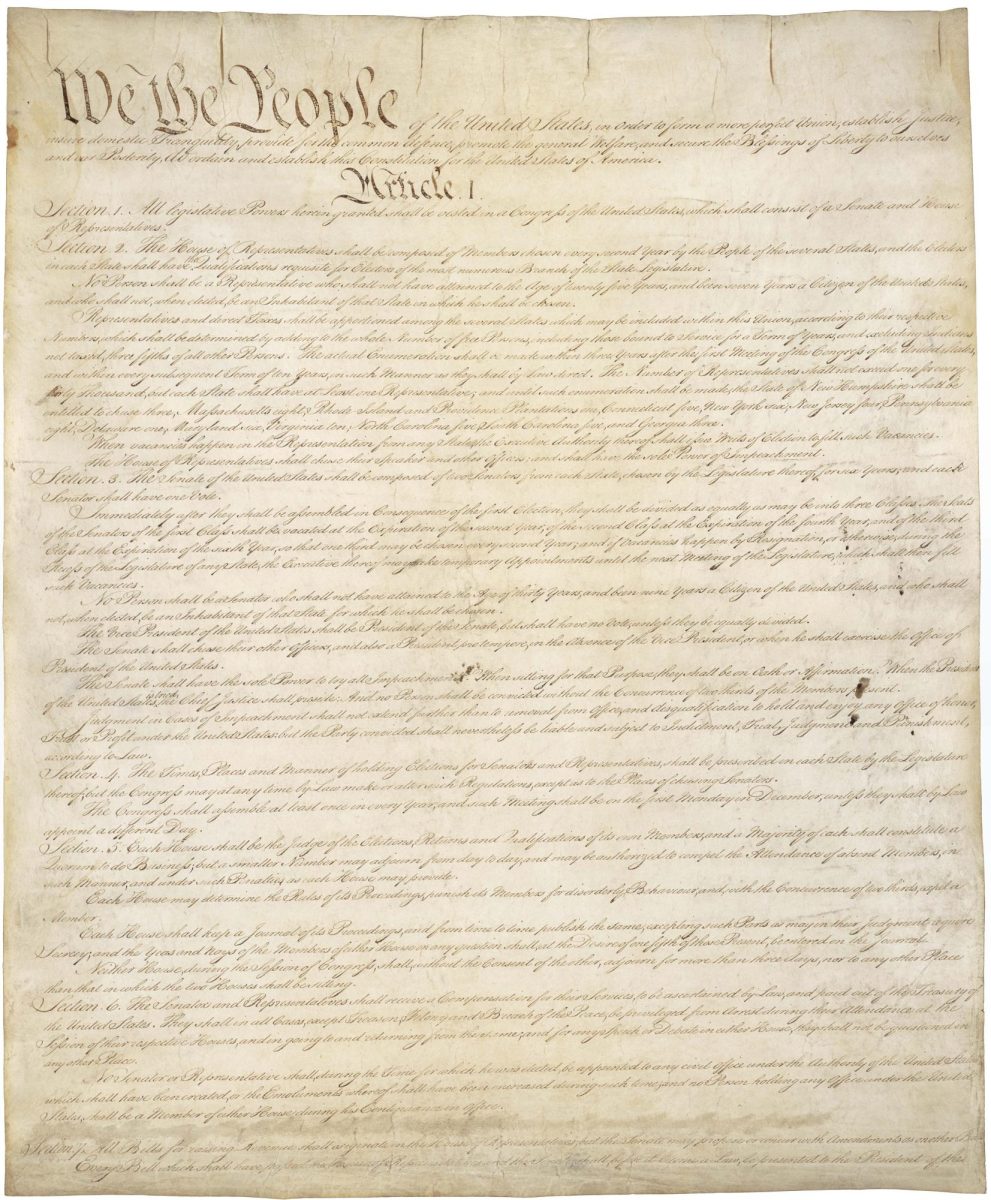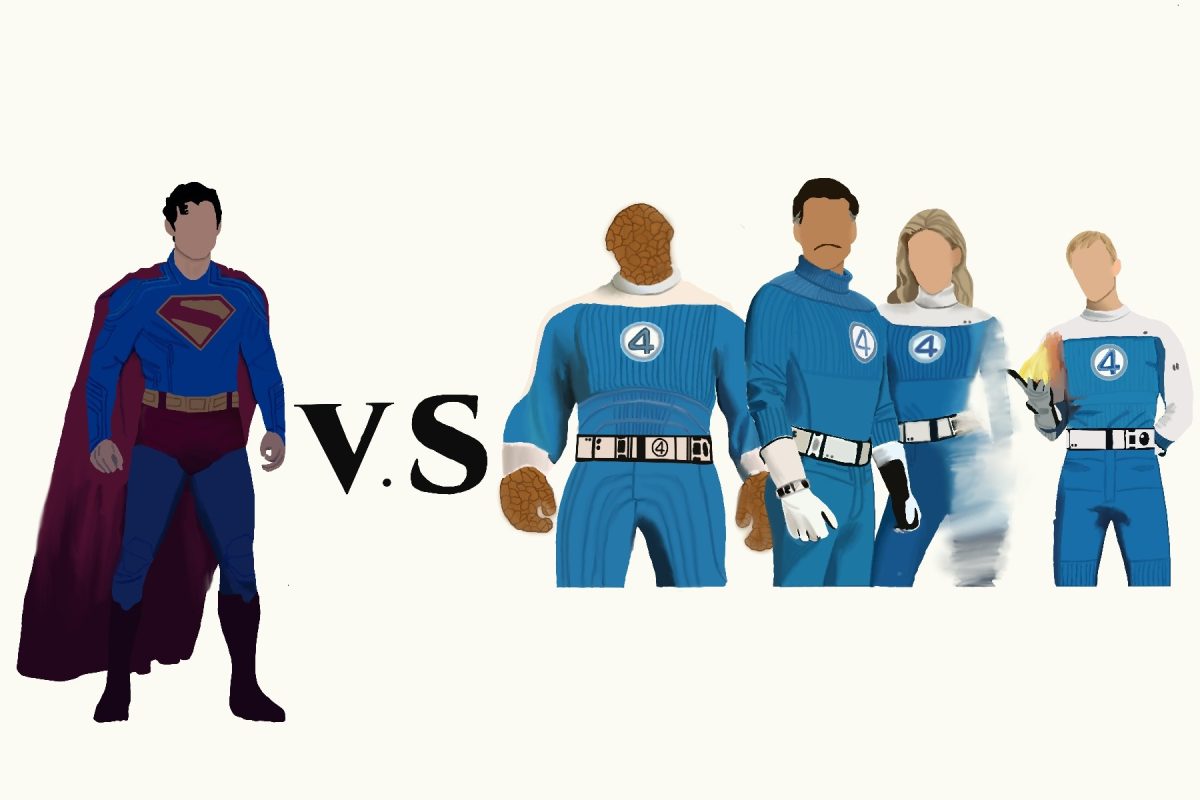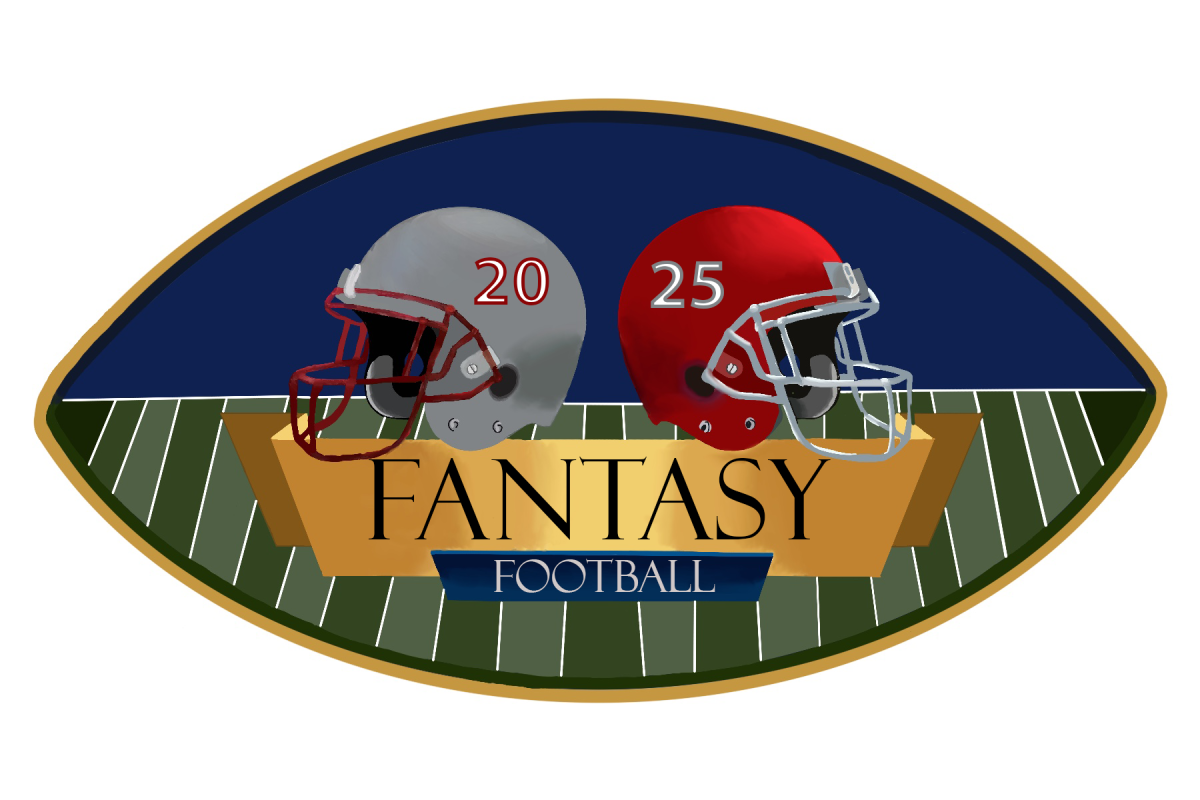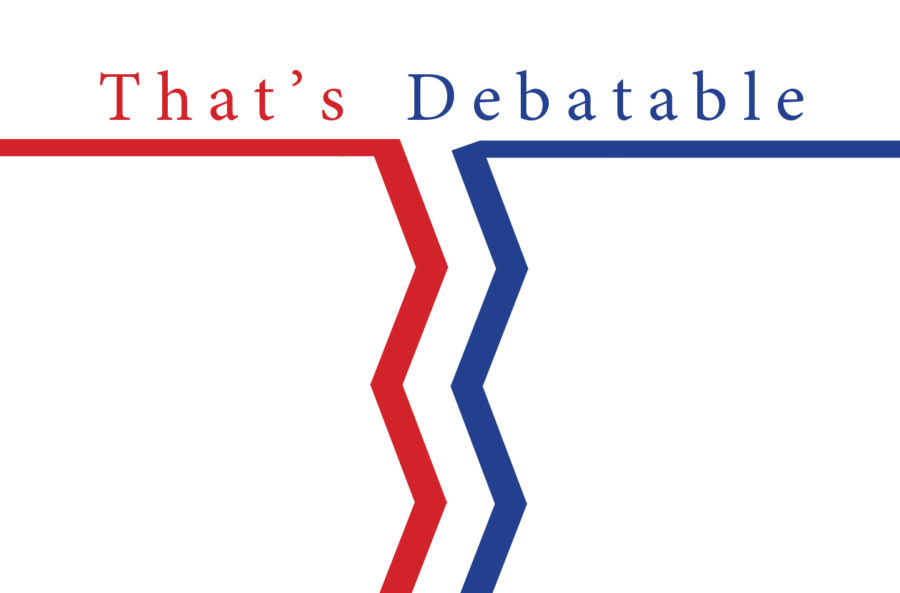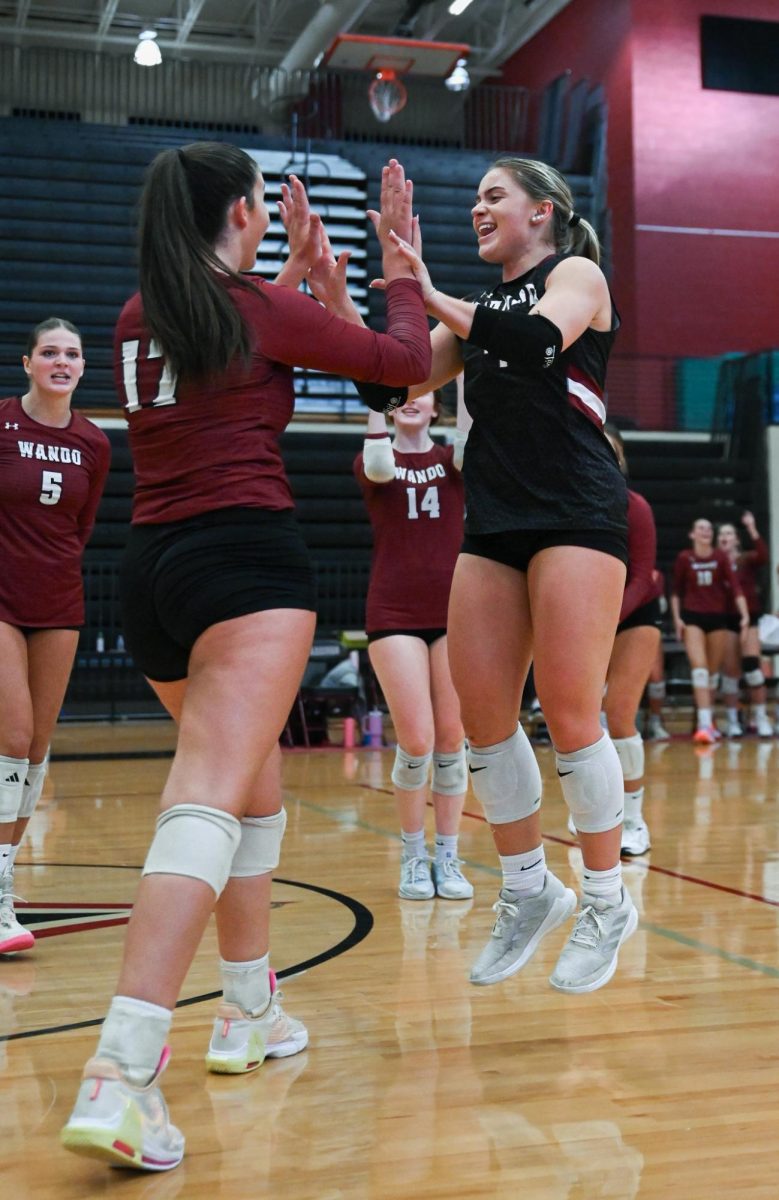The Voting Epidemic
October 15, 2018
Dictatorship, autocracy, despotism: most Americans cringe away from these words. They suggest a suppression of the masses which goes against American idealism.
Freedom, liberty, equality: these are all words that people associate with the United States. Is there any way that such a great nation could have bore some of these repressive characteristics as well?
Although Americans have always championed suffrage, heavy restrictions which were placed on this right made the famed democracy, a bit less democratic. It took years of protests and campaigns to extend suffrage to all races, genders and socioeconomic classes. After so many Americans dedicated their lives to earning suffrage for future generations, it is astonishing that almost half of eligible US voters neglect the polls on election day.
On Tuesday, Nov. 6, US midterm elections will take place. These polls will fill the House of Representatives, over a quarter of the Senate and 39 governor positions. The elections will also include various state and local roles such as mayoral offices.
Yet low voter turnout is an epidemic which affects even presidential elections, which on average draw in a disappointing 50-60 percent of eligible voters. Midterm polls only attract a measly 40 percent. Although Presidential elections generally receive more attention, midterm elections have an equally important impact on the country’s political landscape.
2018 is an especially important year for midterms considering the controversial election of President Donald Trump in 2016. Currently Republicans have majority control over Congress. If Democrats tip the scales in the House of Representatives or the Senate, they may have the power to block some of Trump’s initiatives. Additionally, the upcoming elections will affect the political scene into 2030. The next U.S. Census, which is taken at the start of every decade, is scheduled for 2020. Since it will be conducted before the 2022 midterm elections, state politicians appointed this year will have a large impact on the redistricting of legislative races.
That is a lot of information to consider before entering the voting booth, and it only skims the surface. The pressure to make an informed decision often discourages people from participating in elections. There simply isn’t enough time in the day to squeeze in political research.
However, today it is easier than ever to learn about modern politics. There are millions of sources available at the click of a button. Additionally, initiatives such as “Rock the Vote” organize information about registration and voting into convenient websites.
Democracy, the concept on which this nation was founded, uses voting to govern based on the people. It is the voice of the masses. So many Americans have fought tirelessly to obtain this right which was denied to them. They did so not only for themselves, but for their grandchildren and their grandchildren’s grandchildren.
Now the walls have been torn down, the debris swept away, and nothing is holding people back but themselves. There was a time when even the voiceless found a way to make themselves heard. Now their legacy is being disregarded in the name of convenience.
It is easy to disregard the power of a single vote. It is easy to tell yourself that your contribution will not change the outcome of a national ballot. But what happens when over a third of eligible voters come to the same conclusion? There have been elections decided by a single vote. If such a large portion of the population fails to submit a ballot, imagine how skewed results may become.
It is impossible to accurately represent the opinions of the people when they refuse to share them. One vote may not change a nation, but one mindset certainly can.



